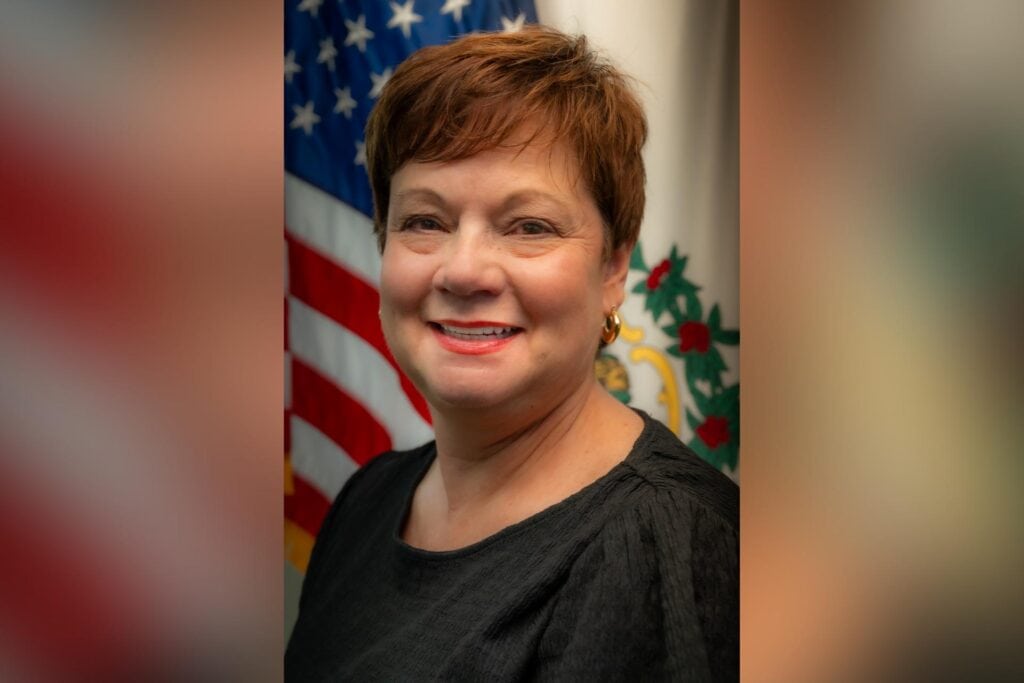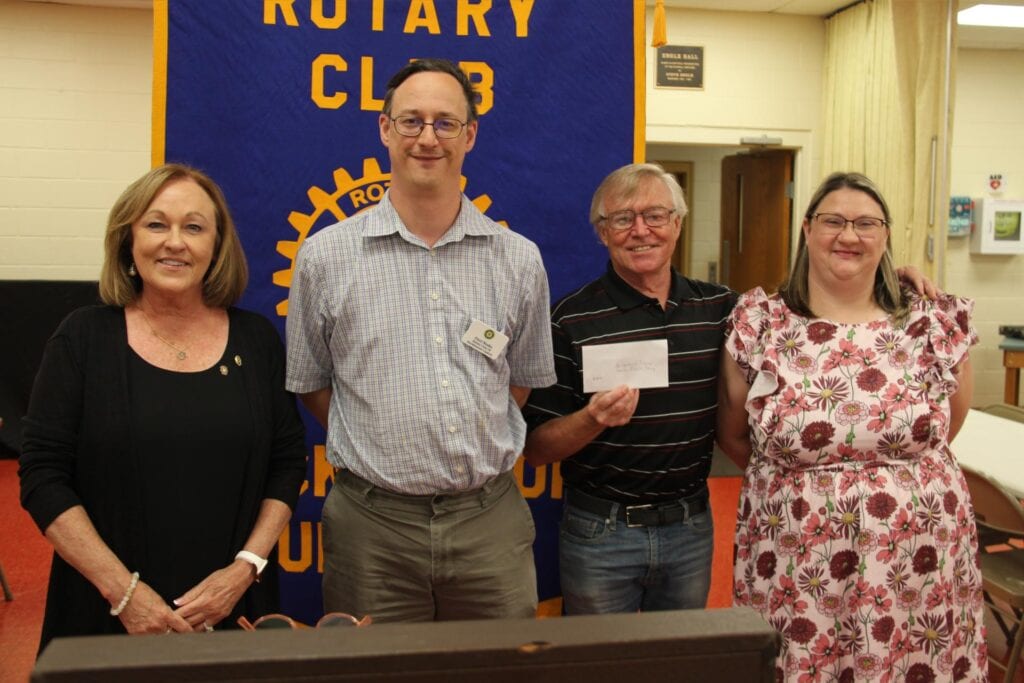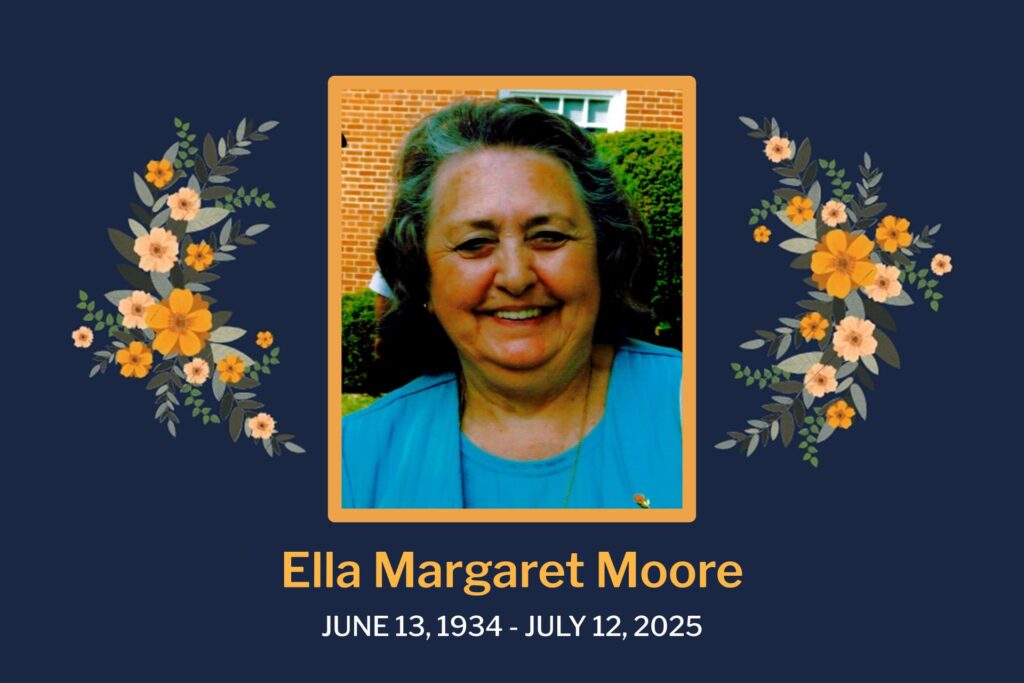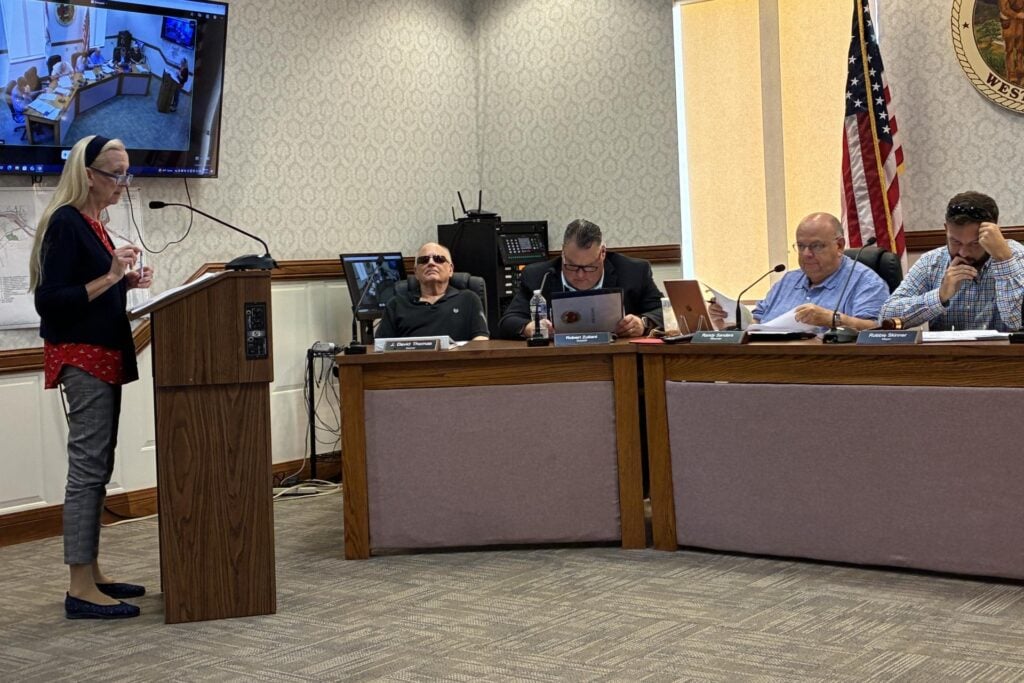BUCKHANNON – Upshur County Magistrate Court recently implemented a policy that will hopefully enable it recoup more than a couple bucks in unpaid court costs.
Chief Magistrate Mike Coffman said Tuesday the statewide policy, known as tax interception, went into effect Monday, Nov. 19.
The policy, outlined in West Virginia Code 50-3-2a, says that individuals are given one year from the date of the assessment of court costs, fines and fees to pay up, and they may even arrange a payment plan.
However, if after that year, the balance of fees, fines, forfeitures or restitution is still outstanding, the state tax commissioner can withhold a person’s income tax refund.
Some of the amount withheld from personal income tax refunds is remitted to the magistrate court, according to documents provided to My Buckhannon from Coffman’s office.
“It’s a statewide change,” Coffman explained Tuesday. “One year after a person’s (magistrate) court fines are assessed, and they haven’t paid them, then the state can go after their state income tax return.
“A lot of people we deal with don’t have a lot of money, so it would have to be taken out of their personal income tax returns,” he added.
Coffman noted people owing money to the court may make arrangements to make payments on a payment plan for six months.
Part of the money taken out of personal income tax refunds is funneled back into the magistrate court system, but another portion of it goes to the state and is then redistributed for a variety of purposes, including courthouse improvement, courthouse security, law enforcement training and more.
Coffman said this policy has been bantered about for quite some time.
“It’s been talked about for years, and in the last four to five years, they got it worked out with the state tax department,” he said. “We’re just like most other counties – we have thousands and thousands of people that owe money.”
Coffman noted that anyone who doesn’t remit their court costs, fines and fees may also lose their driver’s licenses; however, there’s now what the chief magistrate referred to as a “second-chance” program wherein a payment plan may be established, and as long as payments are made on time, the person may be issued a “second chance” valid driver’s license.
According to state code, the tax interception policy authorizes the state to withhold from personal income tax refunds not only unpaid fines and costs in magistrate criminal actions, but also in magistrate criminal appeals to circuit courts as well as for instances of failure to appear in court.














